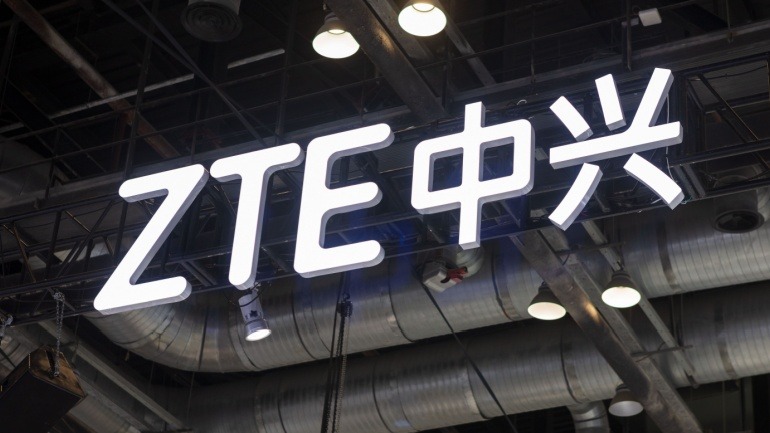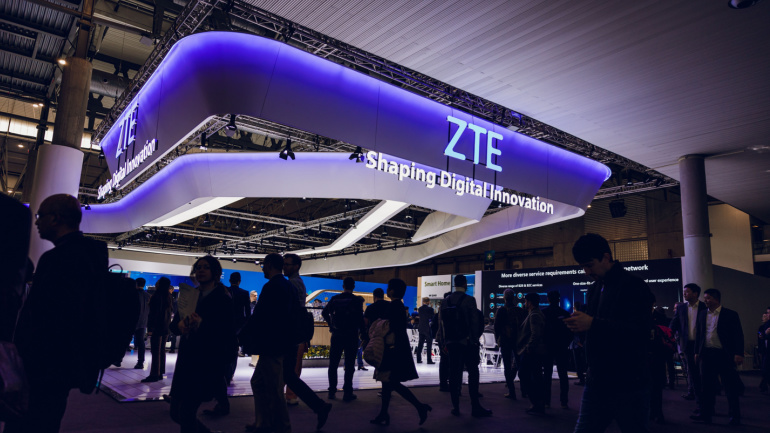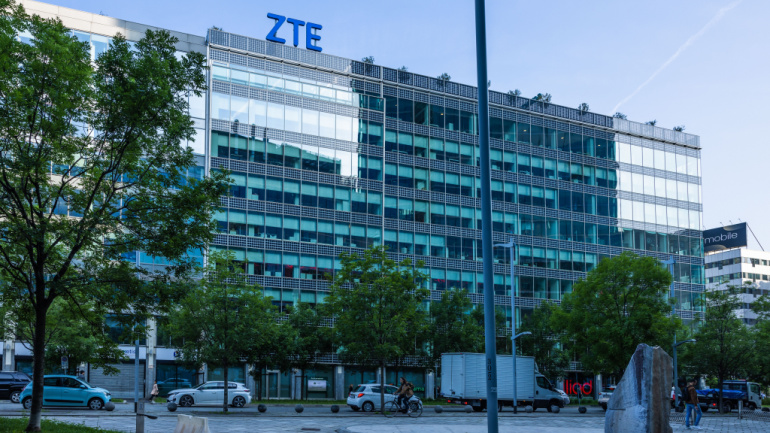U Mobile is transforming Malaysia’s 5G landscape by partnering with Huawei and ZTE to deploy the country’s second 5G network. Aiming for 80% population coverage within a year, U Mobile emphasizes robust 5G performance. This strategic move aligns with government efforts to boost competition and service quality.
ZTE Corporation, alongside China Mobile, launched innovative AI-driven 5G-A solutions at MWC 2025. These advancements in 5G-A technology, including ‘Communication-Sensing-Computing-Intelligence’ and ‘Ambient IoT,’ promise groundbreaking transformations in industrial applications.
ZTE Corporation, a key player in the technology sector, reported remarkable financial performance for 2024, achieving CNY 121.30 billion in annual revenue. Despite a challenging global landscape, innovations in 5G-Advanced, AI, and all-optical networks propelled their success.
Turkcell has achieved a groundbreaking 5G-Advanced speed of over 32 Gbps in Istanbul, marking a significant milestone in the telecom industry. Utilizing ZTE equipment, this trial highlights the potential of combining mid-band and mmWave spectrum.
At the recent United Nations Summit of the Future 2024, ZTE showcased initiatives to bridge the digital divide in remote regions using advanced digital technologies. Highlights included a 5G base station at Kekexili for real-time monitoring of endangered species and various 5G projects supporting environmental conservation.
MTN South Africa and ZTE Corporation have pioneered Africa’s first 5G maritime coverage near Mossel Bay. This leap in ocean-based connectivity promises to revolutionize tourism, fisheries, and the maritime economy while supporting ecological preservation. With over 210Mbps throughput 22 km offshore, 5G will enhance shipping, fishing, marine research, and rescue operations.
Chinese telecommunications giant ZTE Corporation has partnered with Indonesian mobile operator Smartfren to deploy AI-based Radio Access Network (RAN) computing. Integrating artificial intelligence into RAN systems optimizes resource allocation in real-time, leading to a 15% boost in user experience and a 5% increase in network traffic.
In a groundbreaking move, Türk Telekom in collaboration with ZTE, has successfully completed a 50G PON trial in Turkey, marking a significant stride in the evolution of networking technology. This trial not only showcased the ability to achieve downstream speeds surpassing 50 Gbps over a single fiber but also demonstrated compatibility with existing PON generations within Türk Telekom’s infrastructure, setting a precedent in Europe.
The surging interest in cloud-based applications represents a flourishing sector of the tech sphere, by providing an enhanced user experience and considerable savings on terminal investments. Telecommunication giant, ZTE, demonstrates this potential with their virtual STB (vSTB) solution in the television industry – a pioneering effort that bypasses traditional terminal downturns hampering TV service expansion. This solution effectively confronts challenges of limited service quality and hard adaptation processes linked with operator TV services, and eliminates sizable terminal outlays. Similarly, the cloud STB product presented by China Mobile and ZTE capitalises on China Mobile’s robust computing capacities and thus streamlines content broadcast to every terminal.
Discover how ZTE reduced greenhouse gas emissions by 7.5% through low-carbon strategies while investing in AI-driven digital energy solutions and joining the Science Based Targets initiative for a sustainable future.













